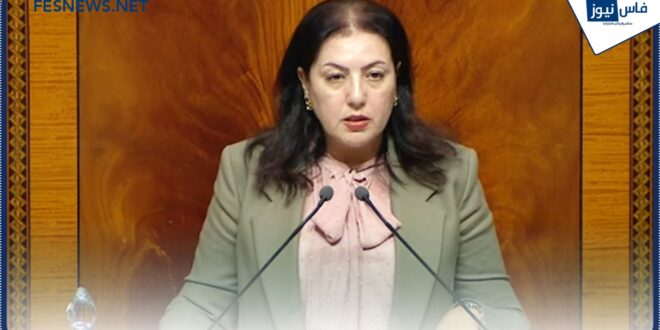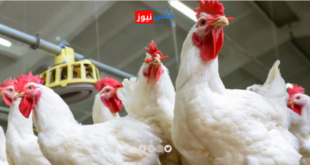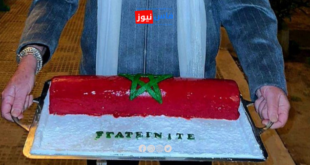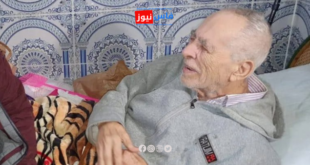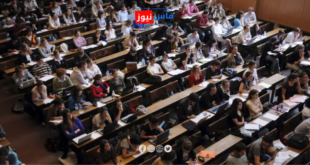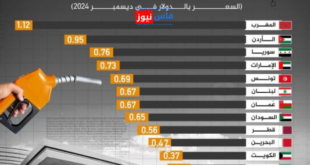In the public session dedicated to the second reading of the 2025 Finance Bill, the opposition team from the Socialist Union, represented by Ms. Salwa Dmanati, delivered a decisive speech expressing their strong rejection of the bill. She pointed out what she described as serious imbalances in the relationship between the executive and legislative branches, an issue that seems to recur with every finance bill proposed by the government.
Ms. Dmanati began her address by reaffirming her team’s unwavering position against the government. She clarified that, although the Socialist team had voted in favor of the parliamentary budget, recognizing the institution’s role in the country’s constitutional life, this participation did not mean they would compromise on their stance against the current project. She stated, “We will not vote in favor of or have already voted against this bill because it reflects the government’s continued institutional imbalance, where the executive authority continues to dominate the other branches, undermining the democratic process and weakening Parliament’s role in overseeing the government.”
Ms. Dmanati not only criticized the structural issues within the bill but also condemned the lack of practical measures to improve social conditions in the country. She pointed out the government’s failure to meet its promises made in the government program, stressing that no concrete steps had been taken to improve citizens’ purchasing power amidst the ongoing crisis of rising prices for basic goods such as fruits, vegetables, and meat. She added, “Inflation continues, and the fuel market is being blatantly exploited, while no real actions are being taken to protect citizens’ purchasing power.”
She also denounced what she called the “complete disregard” for the new development model, which was supposed to guide Prime Minister Aziz Akhannouch’s government in crafting the budget. In particular, she highlighted the government’s inability to meet the targeted 7% growth rate set in the speeches of His Majesty the King. She stressed that the government had shown a clear inability to implement these recommendations, reflecting a failure in developmental policy implementation.
Ms. Dmanati pointed out that the bill lacked any genuine measures to support the most vulnerable social classes or to fund major projects such as the social protection initiative, which requires substantial budgets. She mentioned that the government had allocated insufficient funds for regional areas suffering from increasing marginalization.
On another note, Ms. Dmanati spoke about the rising unemployment rate, particularly among youth and women, with unemployment reaching 13.7% under this government’s watch. She remarked, “This government is the most productive in creating unemployment and the weakest in providing job opportunities, especially in rural areas where residents face a shortage of employment options.”
Ms. Dmanati also warned about the significant risks of continuing the current economic trends, pointing out that the bill does not focus on enhancing regional equity, which exacerbates the suffering of populations in remote areas such as Guelmim, Oued Noun, and Beni Mellal. She added, “It is unacceptable that this bill, which is supposed to serve everyone, is instead reinforcing the gaps between the rich and the poor, at a time when the country needs to strengthen social justice.”
In conclusion, Ms. Salwa Dmanati affirmed that the opposition team would continue to stand against these policies and would not back down from their rejection of the bill, which, in her view, reflects the government’s failure to meet the citizens’ expectations. She concluded, “We voted against this bill because it perpetuates the deterioration of the social situation in the country, showing that the government has not kept any of its promises, and there is nothing in it that reflects positive changes to improve the lives of citizens.”
source : fesnews media
 فاس نيوز ميديا جريدة الكترونية جهوية تعنى بشؤون و أخبار جهة فاس مكناس – متجددة على مدار الساعة
فاس نيوز ميديا جريدة الكترونية جهوية تعنى بشؤون و أخبار جهة فاس مكناس – متجددة على مدار الساعة

